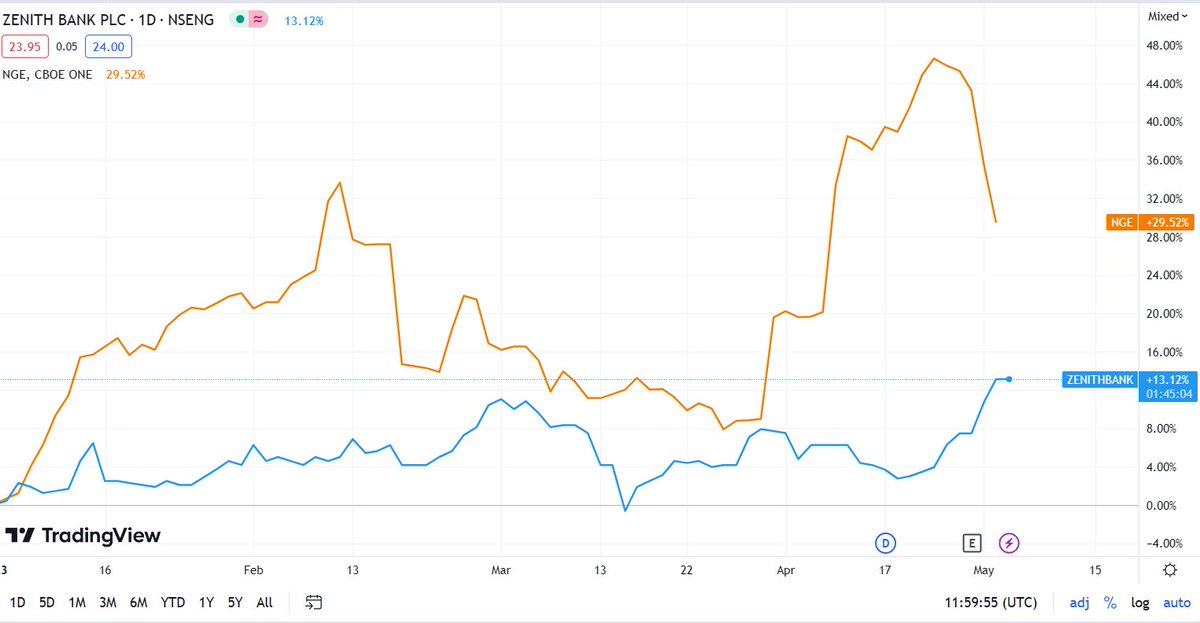In Genesis 23, the Bible teaches how to negotiate business contracts to buy an asset
Abraham's wife Sarah has died in a foreign land, and Abraham decides to bury her there; thus, he needs land. As a foreigner, Abraham had no claim to any land; he decided to buy
#churchofmoney
Abraham's wife Sarah has died in a foreign land, and Abraham decides to bury her there; thus, he needs land. As a foreigner, Abraham had no claim to any land; he decided to buy
#churchofmoney
In Genesis 23:3, Abraham goes to the elders at the gate where contracts are made & offers to buy land; he is counter-offered to take any grave for free.
Abraham insists on paying for land (not a grave) & eventually is given land for free. Abraham persists in paying & does
Abraham insists on paying for land (not a grave) & eventually is given land for free. Abraham persists in paying & does
1. Do your due diligence.
Abraham asked for land, not a grave; he wanted more than a tomb.
JP Morgan wanted to get into the student loan with $1.6t in loan volume, So it bought a website but actually wanted the website's list of customers.
Customers' numbers were false.
Abraham asked for land, not a grave; he wanted more than a tomb.
JP Morgan wanted to get into the student loan with $1.6t in loan volume, So it bought a website but actually wanted the website's list of customers.
Customers' numbers were false.

2. Know what you are buying
Abraham, in Gen 23:7, knew exactly where the piece of land he wanted was (with a cave at the end of a field). He knew the owner.
It's not enough to want to buy a house, but what location? Who were the previous owners? What improvements were made etc
Abraham, in Gen 23:7, knew exactly where the piece of land he wanted was (with a cave at the end of a field). He knew the owner.
It's not enough to want to buy a house, but what location? Who were the previous owners? What improvements were made etc
3. Make offers via legal channels.
Abraham went openly to the elders at the place of legal contracts to ask them to make a representation on his behalf to the owner. Gen 23:7
When making a big-ticket transaction, use professional advisers or agents to "intercede" with owners.
Abraham went openly to the elders at the place of legal contracts to ask them to make a representation on his behalf to the owner. Gen 23:7
When making a big-ticket transaction, use professional advisers or agents to "intercede" with owners.
4. The owner offered Abraham the land and grave for free, but Abraham insisted on paying. Why? Well, legal contracts must have consideration.
Abraham wanted no issues; he negotiated in the open with the elders and paid in "cash", thus securing an uncontestable legal deed.
Abraham wanted no issues; he negotiated in the open with the elders and paid in "cash", thus securing an uncontestable legal deed.

5. Have your financing in place. Do not offer to buy without first securing funding.
Abraham mentions "full price" in verse 9; he was ready to pay.
Don't bid like Investment International London Limited (IILL) for NITEL without financing locked up.
Abraham mentions "full price" in verse 9; he was ready to pay.
Don't bid like Investment International London Limited (IILL) for NITEL without financing locked up.

To summarize
1. Do your due diligence, check titles etc.
2. Know exactly what you want to buy
3. Use professional agents, especially for large transactions.
4. Transact openly and legally.
5. Pay consideration.
6. Secure funding.
#churchofmoney
1. Do your due diligence, check titles etc.
2. Know exactly what you want to buy
3. Use professional agents, especially for large transactions.
4. Transact openly and legally.
5. Pay consideration.
6. Secure funding.
#churchofmoney
• • •
Missing some Tweet in this thread? You can try to
force a refresh

 Read on Twitter
Read on Twitter












